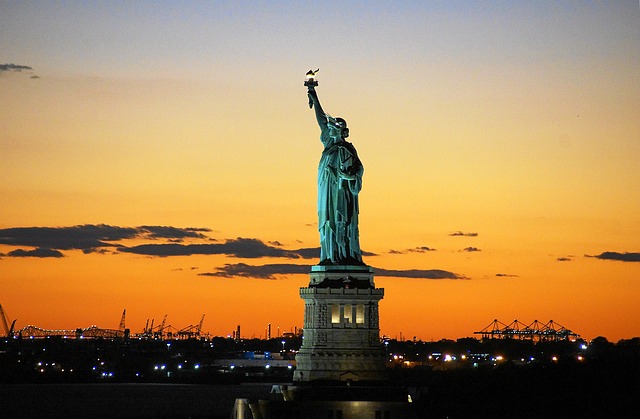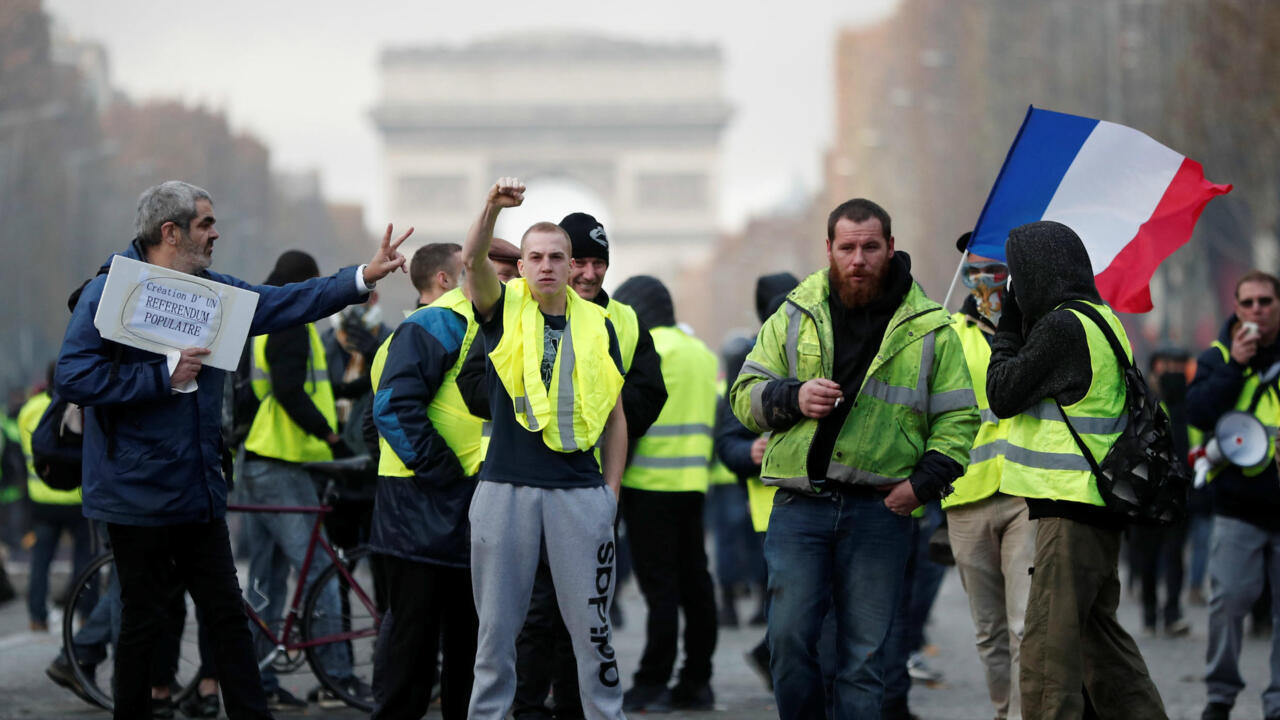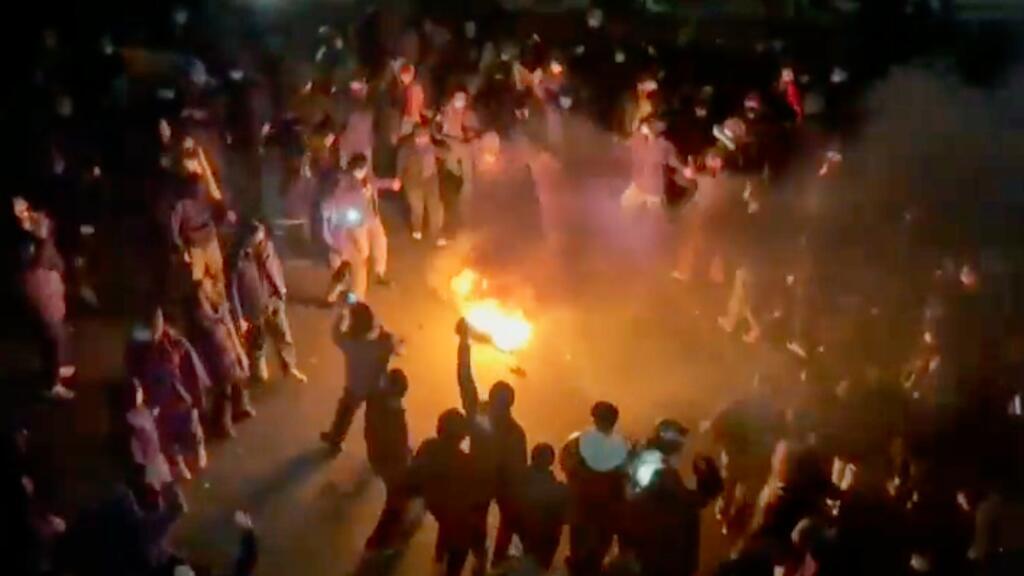Libertad religiosa y sociedad civil
And they're right to be angry and worried. The particulars of what the Obamacare insurance mandate rule does, and the unwillingness of the administration to exempt religious employers, are just stunning. Religious institutions are basically going to be fined for holding views regarding contraception, sterilization, and abortion that are different from the Obama administration's views. For instance, Notre Dame University, which employs more than 5,000 people, is going to be given the choice of either expressly violating its religious convictions or paying a $10 million fine to the federal government. It's bad enough that any employer with a moral objection has to spend his money this way, but it is especially egregious to compel religious institutions to do so.
As many have noted around here, the fact of the administration's willingness to do this sheds light on its hostility to (or at the very least its contempt for) religious liberty. But it's not quite that simple. This incident (and especially the nature of the exemption that the administration was willing to grant, which is essentially an exemption for actual houses of worship but not for other religiously-affiliated institutions) also sheds light on a very deeply rooted problem in our tradition of religious liberty itself-a problem that should cause those of us inclined to seek recourse in "conscience protection" and religious exemptions to pause and think.
The English common law tradition of religious toleration, which we inherited, has always had a problem with religious institutions that are not houses of worship-i.e. that are geared to ends other than the practice of religion itself. To (vastly) oversimplify for a moment, that tradition began (in the 16th century, and in some respects even earlier) with the aim of protecting Protestant dissenters and Jews but (very intentionally) not protecting Catholics. And the way it took shape over the centuries in an effort to sustain that distinction was by drawing a line between individual religious practice (in which the government could not interfere) and an institutional religious presence (which was given far less protection). Because Catholicism is a uniquely institutional religion-with large numbers of massive institutions for providing social services, educating children and adults, and the like, all of which are more or less parts of a single hierarchy-this meant Catholics were simply not granted the same protection as others. Obviously the intent to treat Catholics differently has for the most part fallen away since then, but the evolved legal tradition is very much with us, and it is not a coincidence that it always seems to be the Catholic Church that gets caught up in these situations when the government overreaches.
The inclination to resort to an argument for "conscience protection" when this happens is quite natural and understandable-the language of freedom of conscience is the essential vocabulary of our legal tradition of religious liberty. But it is problematic in instances like this precisely because that tradition itself is problematic in instances like this. Does an institution have a conscience? Does it make sense to speak in highly individualistic terms like conscience when discussing threats to religious liberty in our civil society? Is it right to ask for individual exemptions-accepting as a narrow and revocable favor from the state a freedom that until now was understood as a broad restriction on the power of the state-when the question on the table is really the basic character of our society?
In this sense, what is at issue in the controversy over the administration's rule is not just the question of religious liberty but the question of non-governmental institutions in a free society. Does civil society consist of a set of institutions that help the government achieve its purposes as it defines them when their doing so might be more efficient or convenient than the state's doing so itself, or does civil society consist of an assortment of efforts by citizens to band together in pursuit of mutual aims and goods as they understand them? Is it an extension of the state or of the community? In this arena, as in a great many others, the administration is clearly determined to see civil society as merely an extension of the state, and to clear out civil society-clearing out the mediating layers between the individual and the state-when it seems to stand in the way of achieving the president's agenda. The idea is to leave as few non-individual players as possible in the private sphere, and to turn those few that are left into agents of the government. This is the logic of a lot of the administration's approach to the private economy, not just to civil society. It is key to the design of Obamacare (which aims to yield massive consolidation in the insurance sector, leaving just a handful of very large insurers that would function as public utilities), of significant portions of Dodd-Frank (which would privilege and protect a few very large banks that would function as public utilities while strangling all the others with red tape), and of much of the regulatory agenda of the left. And it is all the more so the character of the administration's approach to charitable institutions. It is an attack on mediating institutions of all sorts, moved by the genuine belief that they are obstacles to a good society.
This approach is especially noxious and pernicious when it is directed at religiously affiliated institutions-both because they deserve special standing and because they do some of the hardest and most needful work of charity and care in our society. We should use every available means to protect those institutions from this mortal danger, and that certainly includes resorting to the language of conscience and exemption. But as we do so, we should not forget that we are dealing with an instance of a larger and deeper danger, and we should do what we can to combat that danger in its own terms. It is perhaps the gravest threat to freedom in American life today.
National Review Online

 0
0
 1
1

